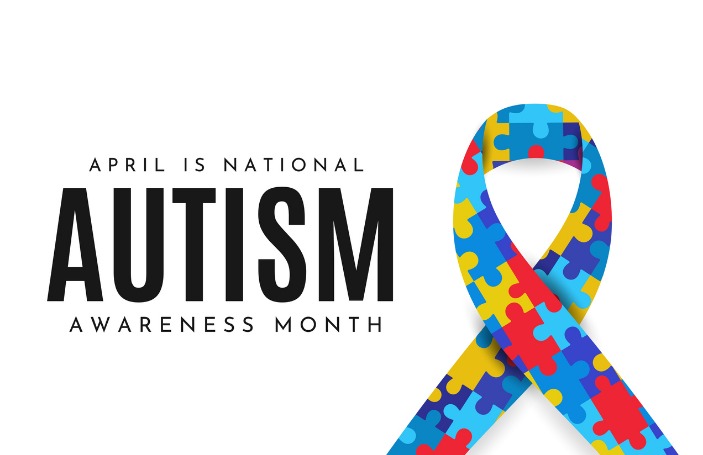Music holds a transformative power that transcends language, and it can be particularly beneficial for children with autism. This article explores the myriad benefits that piano lessons for an autistic child can offer and provides tips for making these lessons as effective as possible.
The Benefits of Learning Piano for Autistic Children
Introducing a child with autism to the piano can be incredibly rewarding. Here are just a few benefits:
Enhancing Cognitive Skills
Learning to play the piano can significantly boost cognitive abilities, including memory, attention span, and problem-solving skills. These skills are crucial for a child’s overall development.
Improving Motor Skills
Piano lessons can greatly enhance fine motor skills through the coordination of hand and finger movements. Regular practice helps in developing dexterity and control, which are essential for day-to-day activities.
Read more about Piano lessons for Autistic Child here.
Encouraging Emotional Expression
Many autistic children find it challenging to express their emotions verbally. Playing the piano provides them with a valuable outlet for emotional expression and helps in managing stress and anxiety.
Customizing Piano Lessons for Autistic Children
While the benefits are clear, it’s crucial to tailor the learning experience to meet the unique needs of an autistic child. Here are some tips on how to do that effectively:
Create a Structured Learning Environment
Consistency is key for autistic children. Ensure that piano lessons are held at the same time and place each week. A structured environment can help in making the child feel more secure and focused.
Use Visual Aids
Visual cues like charts, color-coded notes, and hand diagrams can significantly aid learning. These tools offer a straightforward way to understand musical concepts, making the lessons more engaging and comprehensible.
Incorporate Sensory Breaks
Autistic children may become overwhelmed with sensory input. Plan short breaks during the lessons to allow the child to reset and maintain focus.
Set Realistic Goals
Setting achievable goals helps in keeping the child motivated. Celebrate small victories, whether it’s mastering a simple piece or just playing a few notes correctly. Positive reinforcement can go a long way.
Finding the Right Teacher
The role of a teacher is fundamental in making piano lessons for an autistic child successful:
Look for Experience and Understanding
A teacher well-versed in special education methods can be a game-changer. They should have patience, empathy, and a solid understanding of autism-specific teaching strategies.
Trial Sessions
Arrange trial sessions to see if the child is comfortable with the teacher. The right rapport is essential for a successful learning experience.
In conclusion, piano lessons can offer invaluable benefits for autistic children, fostering cognitive, motor, and emotional development. By tailoring the learning environment and finding the right teacher, you can unlock a world of musical potential for any autistic child.





